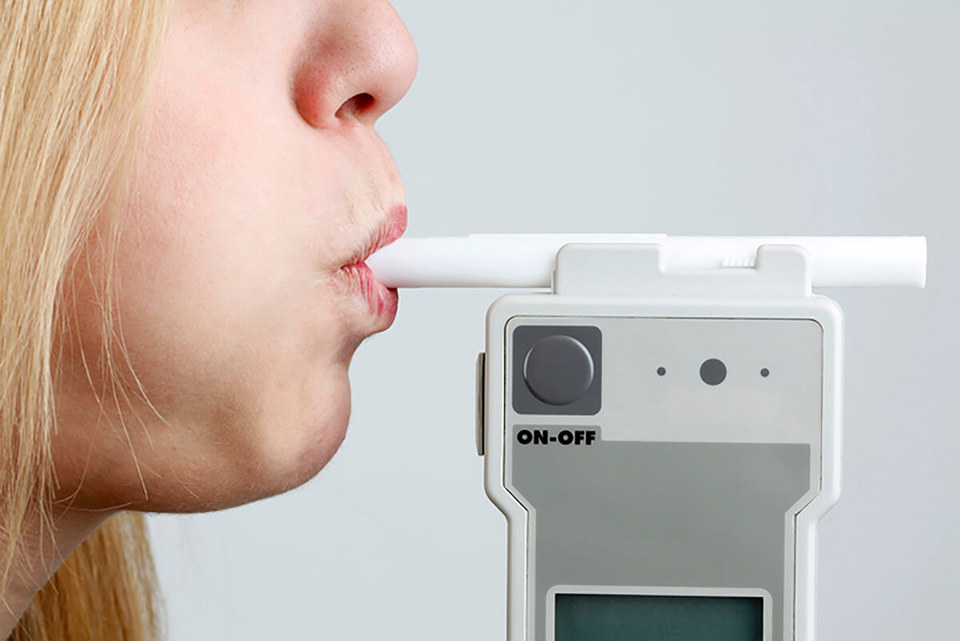The Government, which has come in for criticism from road safety groups for not lowering the drink drive limit, has outlined new actions to penalise offenders.
Mike Penning, under-secretary of state for transport, said it would no longer be a simple case of returning the driving licence to someone who has been banned due to drink or drug offences.
“They will have to take more courses before we let them back on the road,” he told delegates at a Driving for Better Business conference. “They will have to learn their lesson and understand what they have done wrong.”
The Government is also moving to tackle driving under the influence of drugs. Not only is it testing equipment that would be housed at police stations and enable an instant prosecution, but police will be given a ‘drugalyser’ kit that will enable officers to test and arrest motorists at the roadside.
On the Government’s decision to keep the drink drive limit at its current threshold, Penning said: “If we had reduced the limit we would’ve created a new list of offenders but would it be attacking the core drink driver? No – we’d have taken our eye off the ball.
“Police time would be taken up with catching the new offenders. We are going to target the worst offenders.”
And, he added: “Russia has zero drink driving yet their drink driving problems are far greater than ours.”
The Government has acknowledged for the first time that the current driving test is not sufficient. It teaches people to “pass a test not learn how to drive on the road”, said Penning.
He plans to start piloting a “dramatic video” which will be played to learners while they are waiting for the results of their theory test.
The initiative will be detailed in the Government’s road safety strategy due to be published in May, shortly after the local elections. However, unlike under the previous Labour Government, no targets will be set for reductions in road death or serious injury.
Following publication, Penning will start working on making central government fleets a beacon for best practice. Previously, no one person has been responsible for driving efficiencies across government departments; Penning intends to make it a Department for Transport duty.
“If we can set best practice within central government, local government will follow us,” he said.

















Login to comment
Comments
No comments have been made yet.